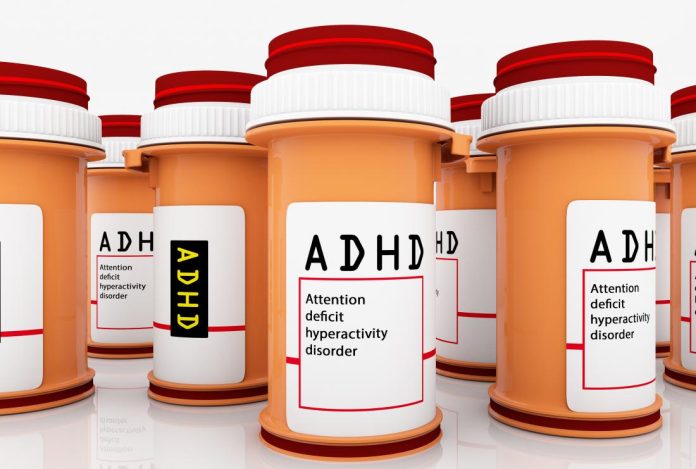Stimulant medicines used to treat attention-deficit/hyperactivity disorder (ADHD) may raise the risk of psychotic side effects in kids who have one or both parents with a history of mental illness, according to new research. The study, published online in the journal Pediatrics, provides new evidence that psychotic symptoms in kids being treated with ADHD drugs are not as rare as was once thought.
Lead study author Rudolf Uher, MD, PhD, told HealthDay that doctors have long known that stimulant medications can cause such side effects as hallucinations, delusional thoughts, hearing voices and disorganized behavior. “[But] what is surprising is the quantity. No one suspected that these side effects could be so common,” added Uher, an associate professor and research chair in early intervention in the department of psychiatry at Dalhousie University in Nova Scotia.
For the study, Uher and his colleagues assessed 141 children and young adults aged 6 to 21 who had one or both parents with a serious mental illness, including major depressive disorder, bipolar disorder, or schizophrenia. The parents and children received mental health screenings by psychiatrists. Pharmacy records confirmed the use of ADHD medications.
Among the study group, 33 of the children had been diagnosed with ADHD and 24 of those had taken stimulant medicines, including Ritalin, Vyvanse or Dexedrine. In the group taking stimulant drugs, 62.5 percent reported psychotic symptoms, compared to 27.4 percent of those who did not take ADHD drugs.
While the study shows an association between stimulant medications and psychotic side effects in children who have one or both parents with mental illness, the authors acknowledge it does not prove cause-and-effect. Nor does it mean that the drugs should not be used to treat ADHD.
“These meds can be extremely helpful, including in kids with a family history of mental illness. So this should in no way mean that we should stop using stimulants,” Uher said.
“What it means is that docs need to ask kids about unusual experiences. They do not tell you unless you ask. And then, make decisions on risk-benefit balance,” Uher explained.
Andrew Adesman, MD, chief of development and behavioral pediatrics at Cohen Children’s Medical Center in New Hyde Park, N.Y., agreed. “Pediatricians who care for children who have one or more parents with mental illness should be vigilant for the development of psychotic symptoms, especially if stimulant medications are being prescribed,” he told HealthDay.








